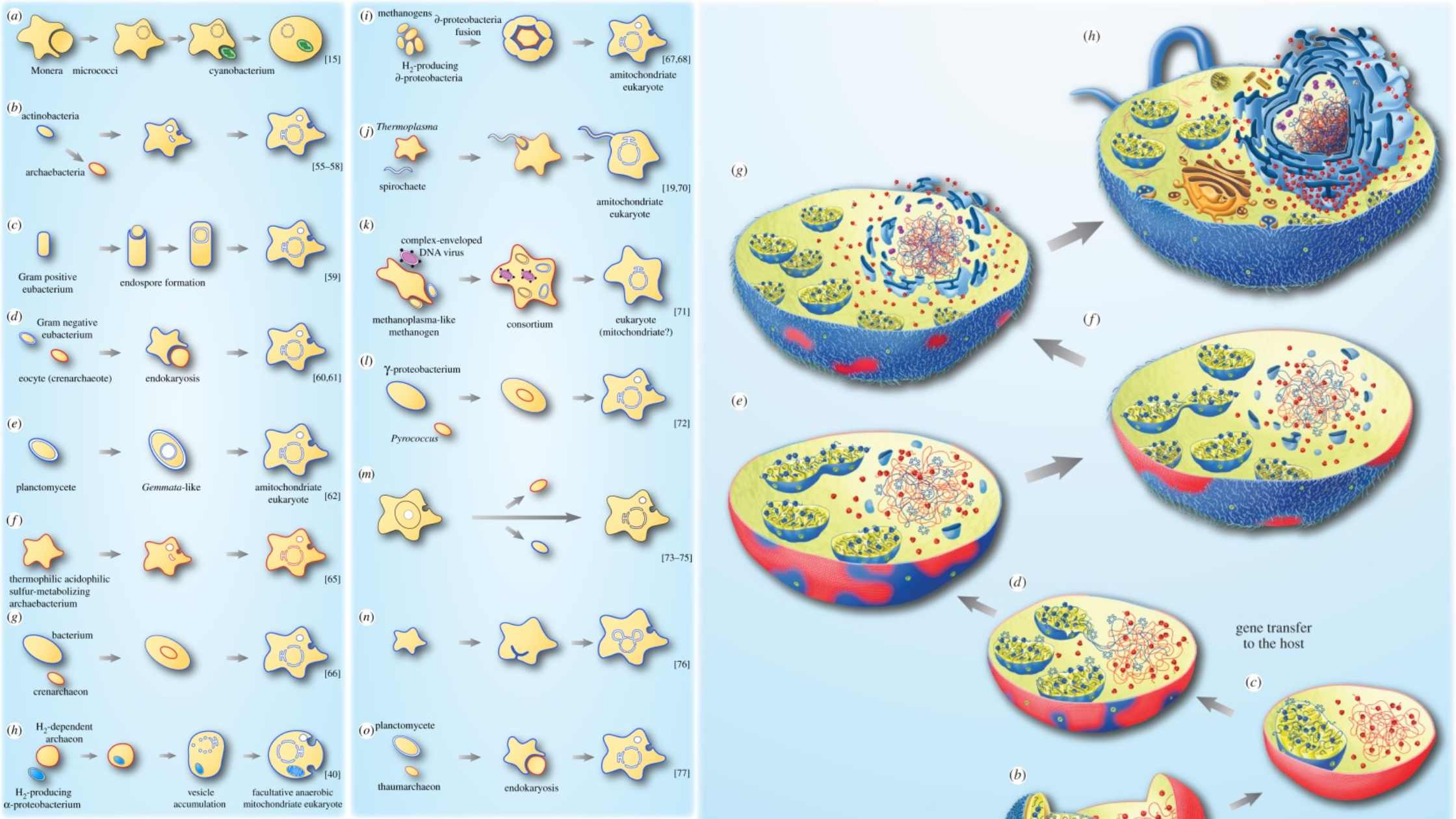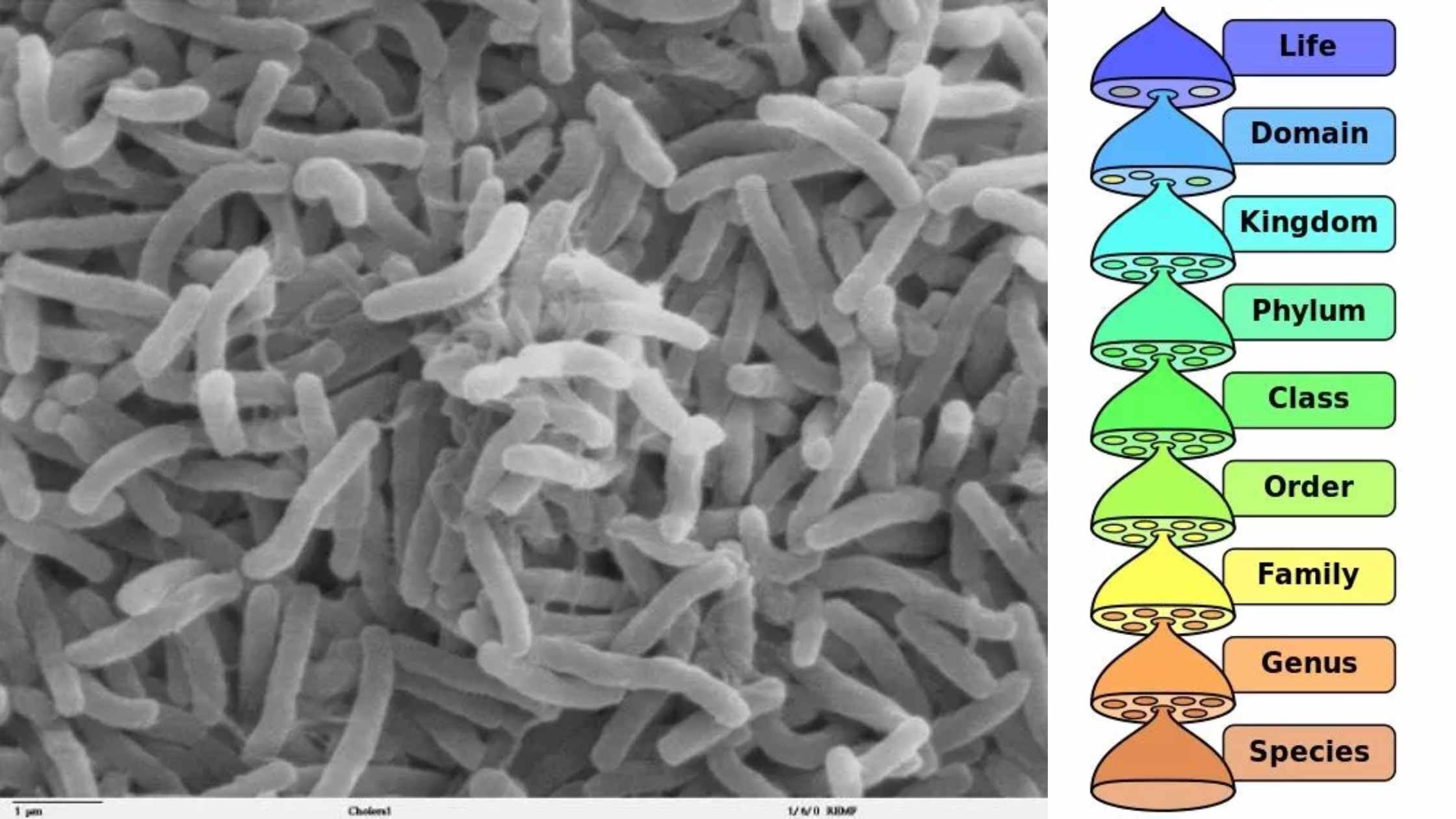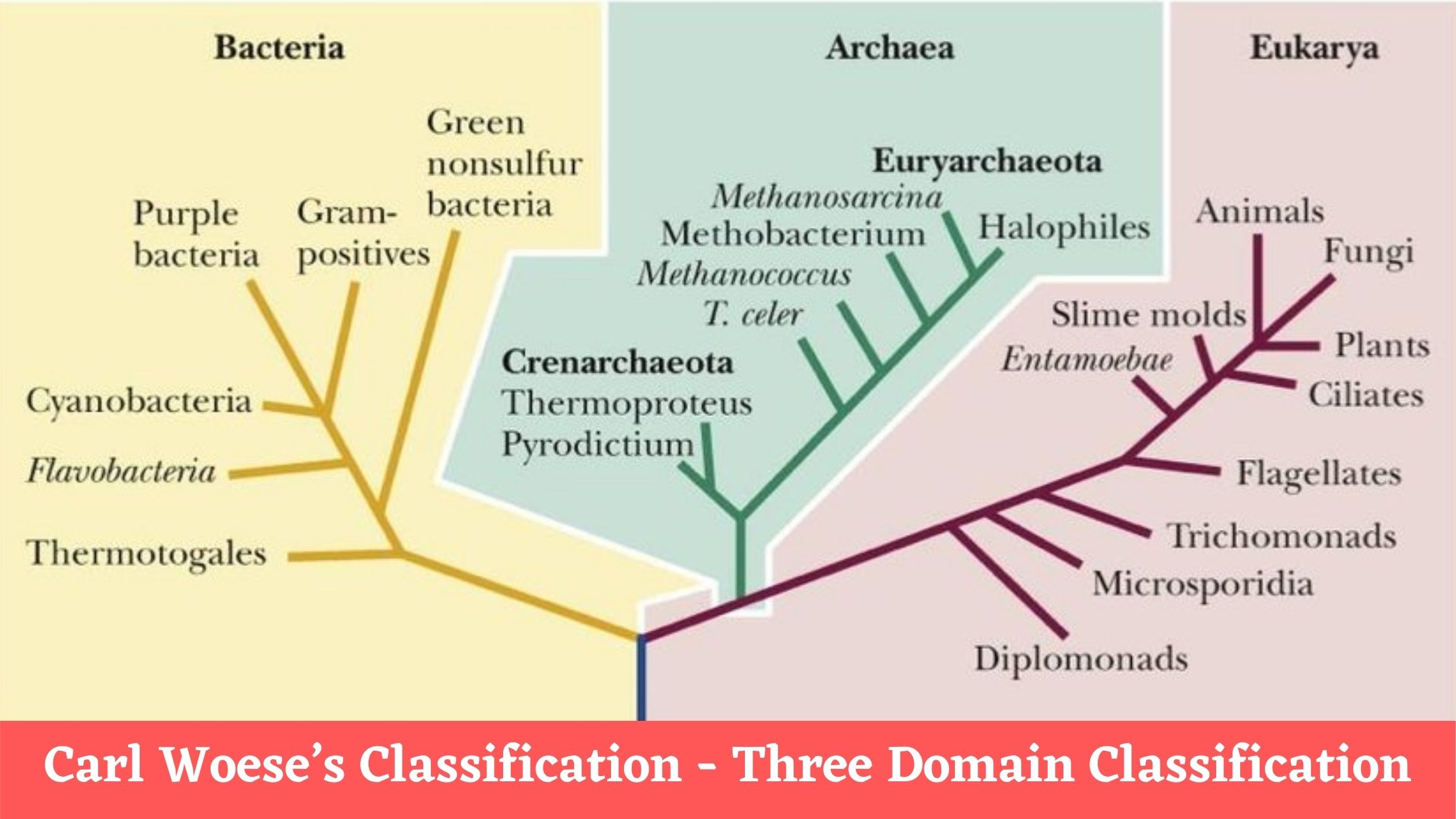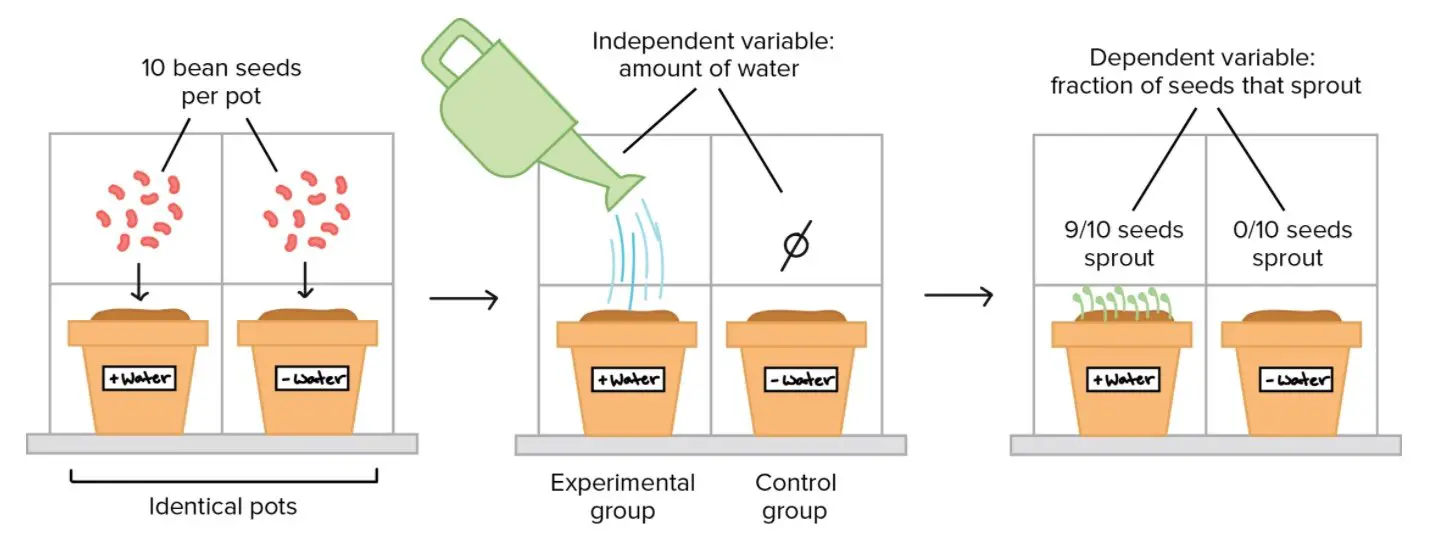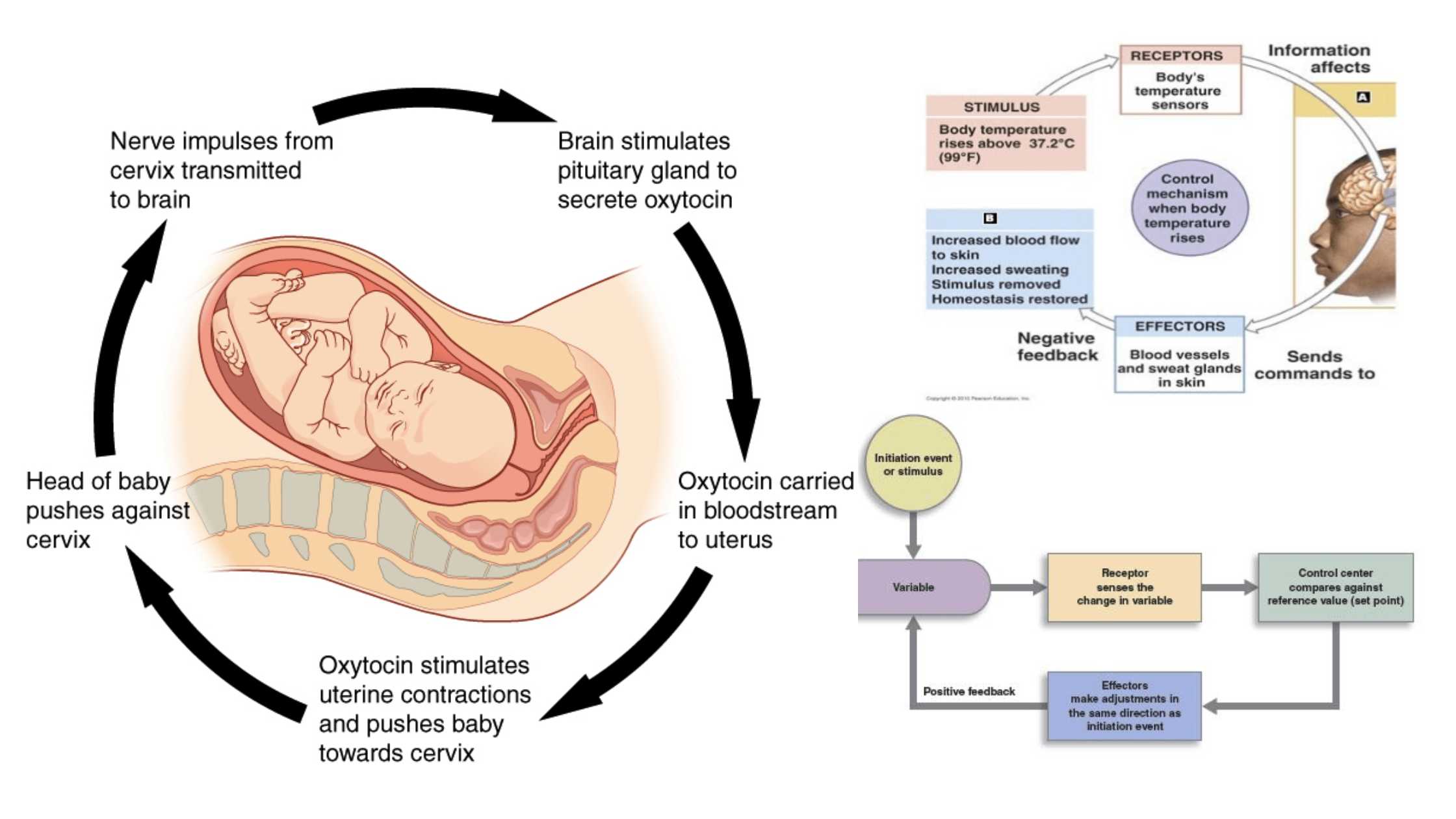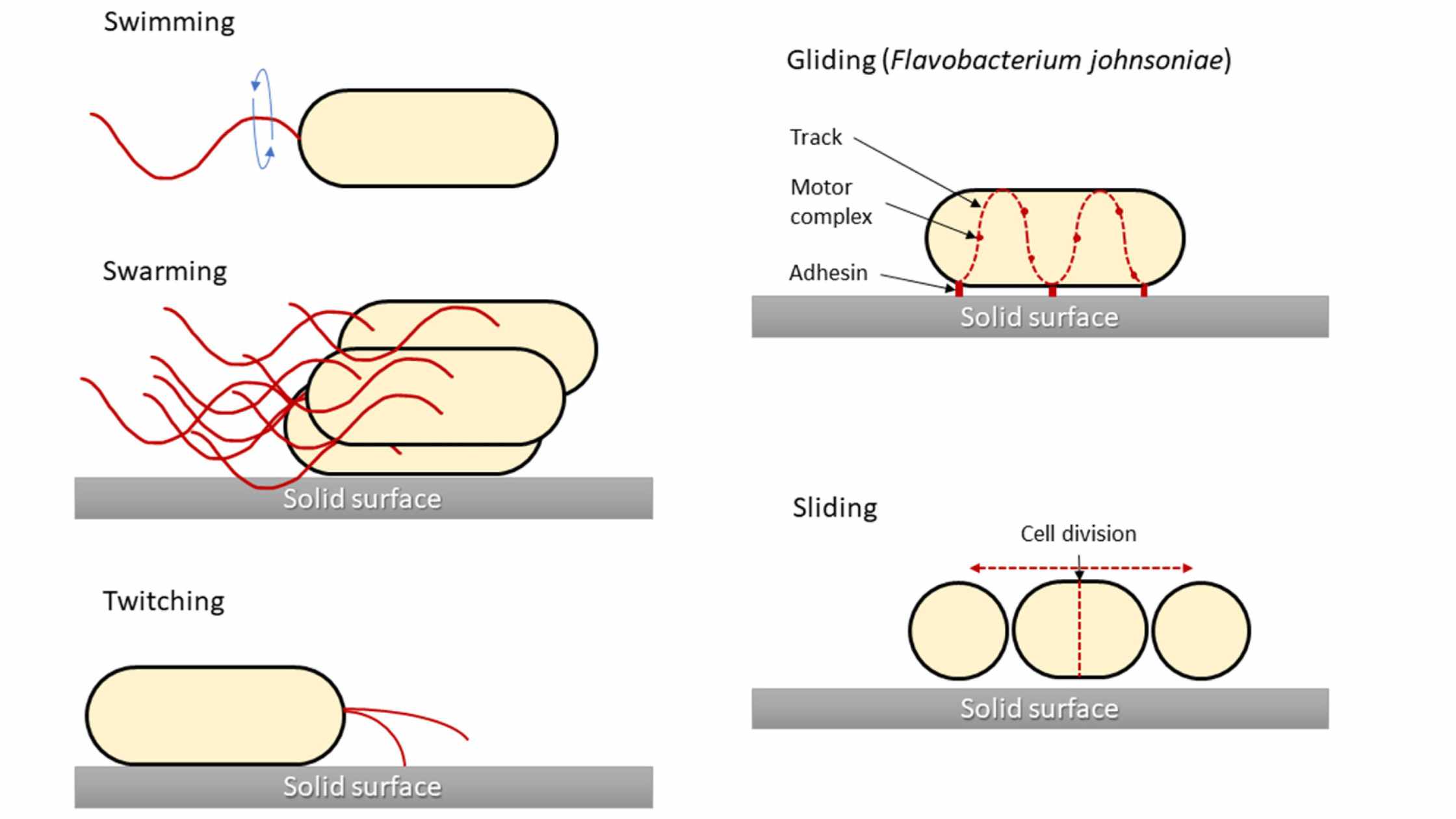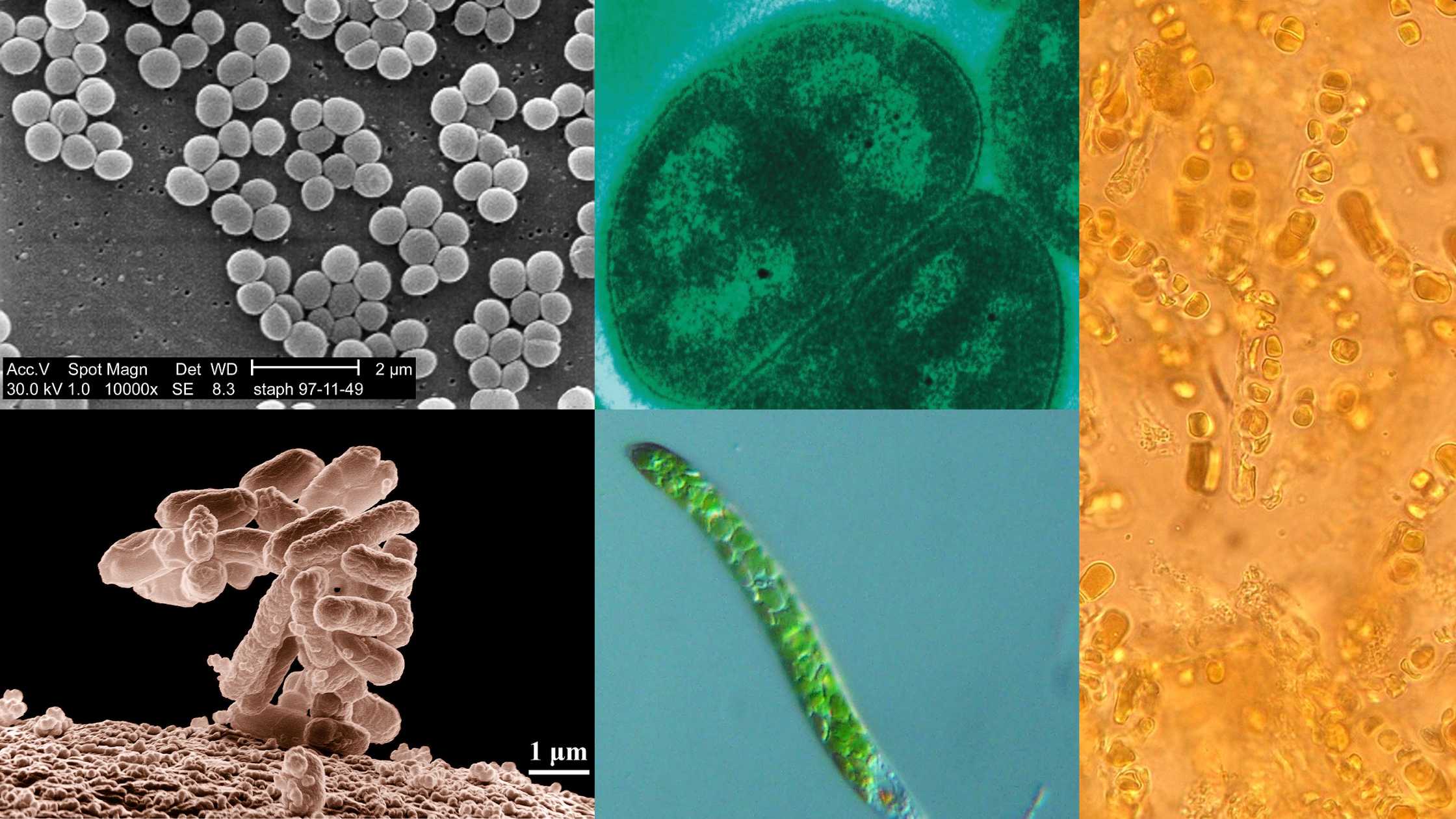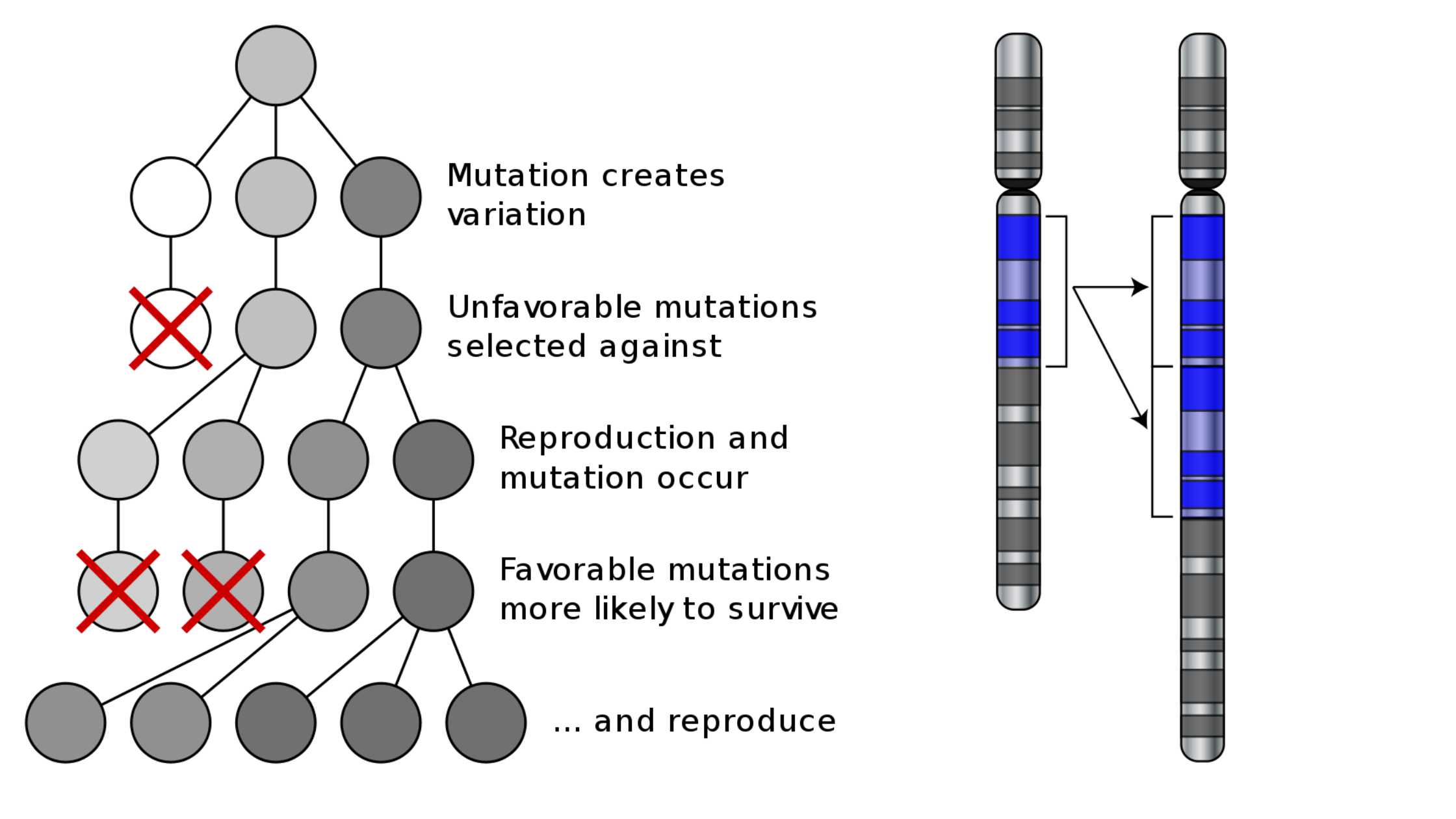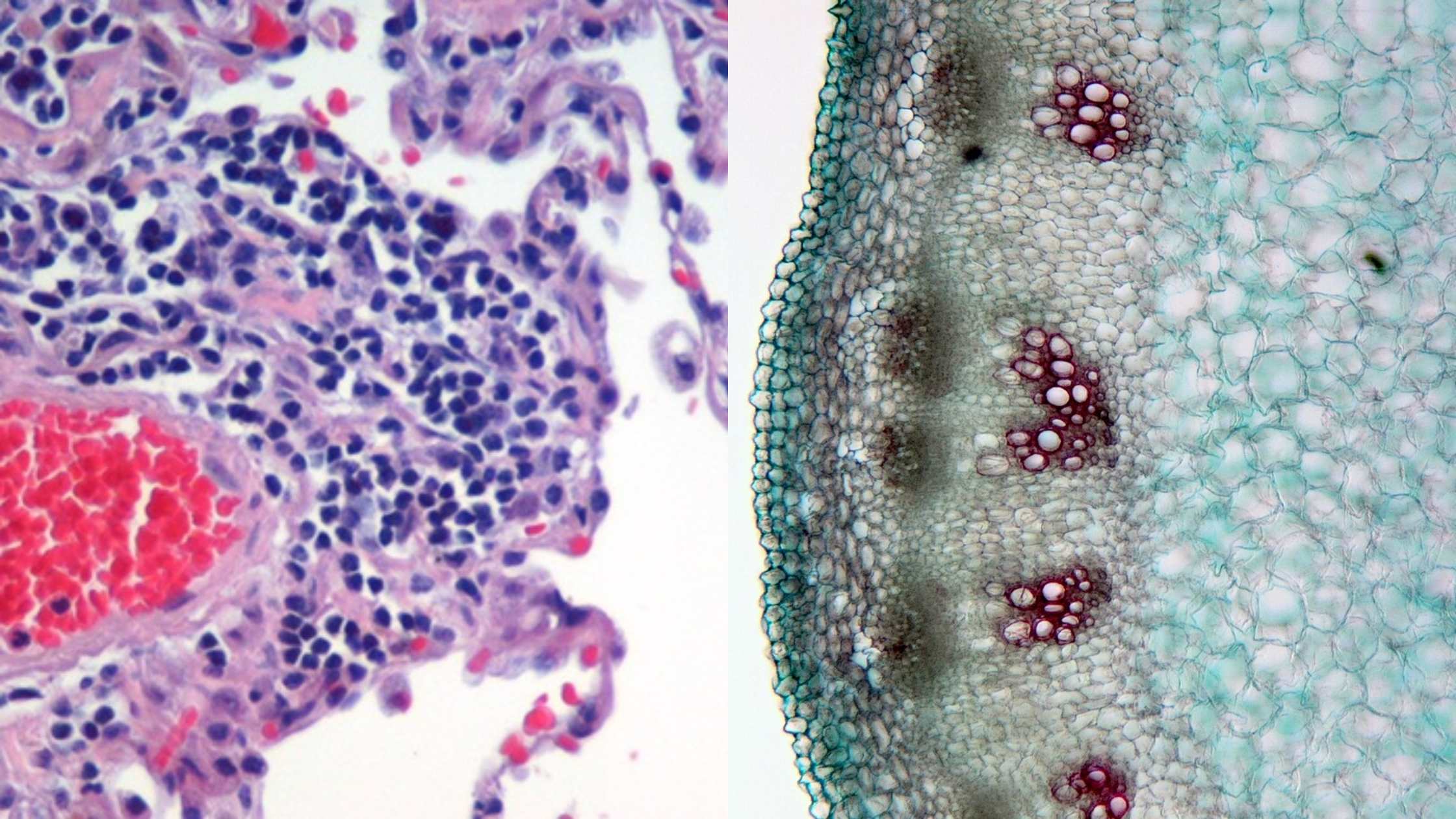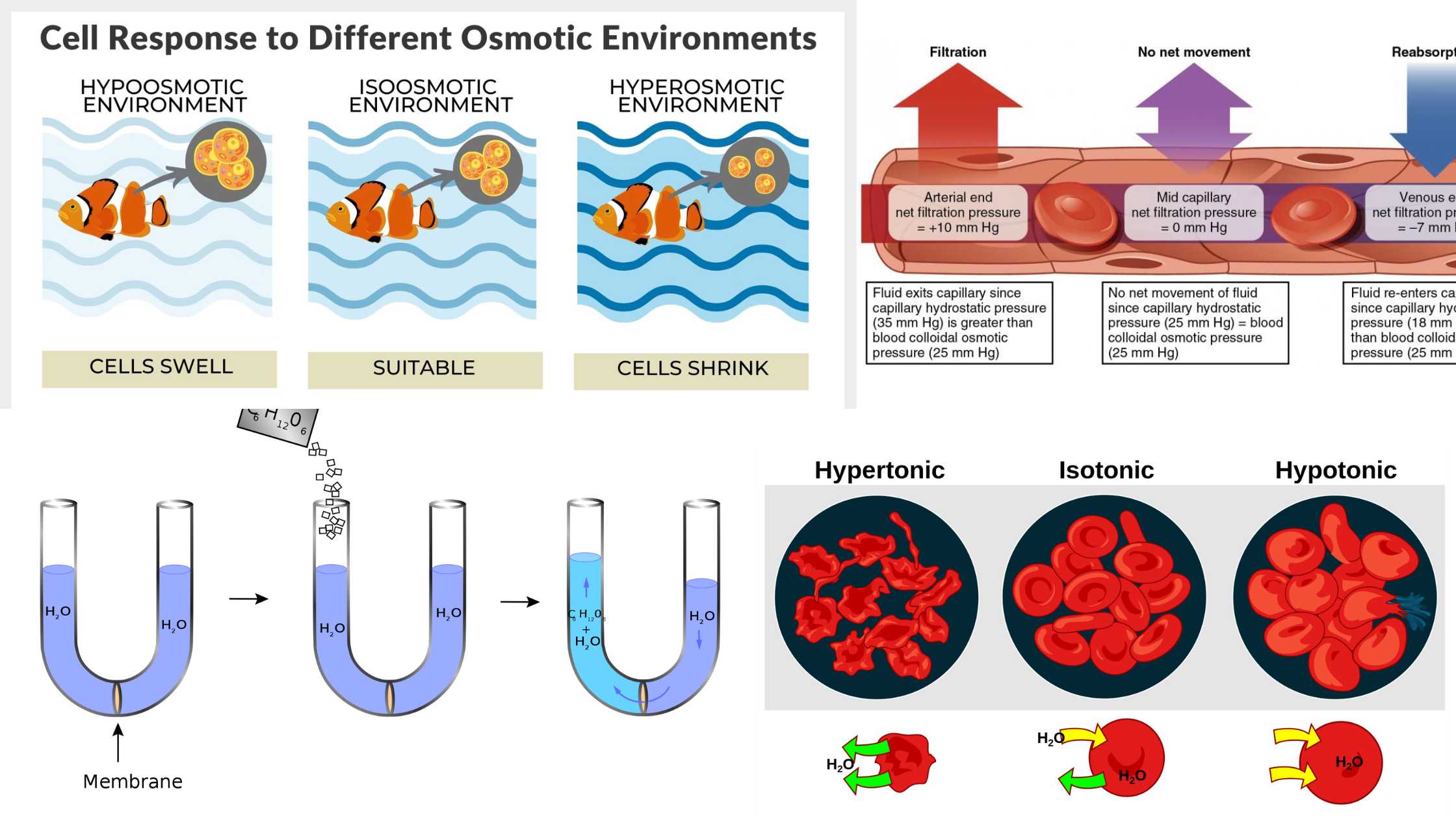Endosymbiotic Theory – Origin of the eukaryotic cell
What is Endosymbiotic Theory? Definition of Endosymbiotic Theory The Endosymbiotic Theory posits that certain organelles in eukaryotic cells, specifically mitochondria and chloroplasts, originated from free-living prokaryotic cells that were engulfed by ancestral eukaryotic cells, leading to a mutually beneficial symbiotic relationship. Origin of the eukaryotic cell 1. Gene Trees and the Complexity of Eukaryotic Origins … Read more
